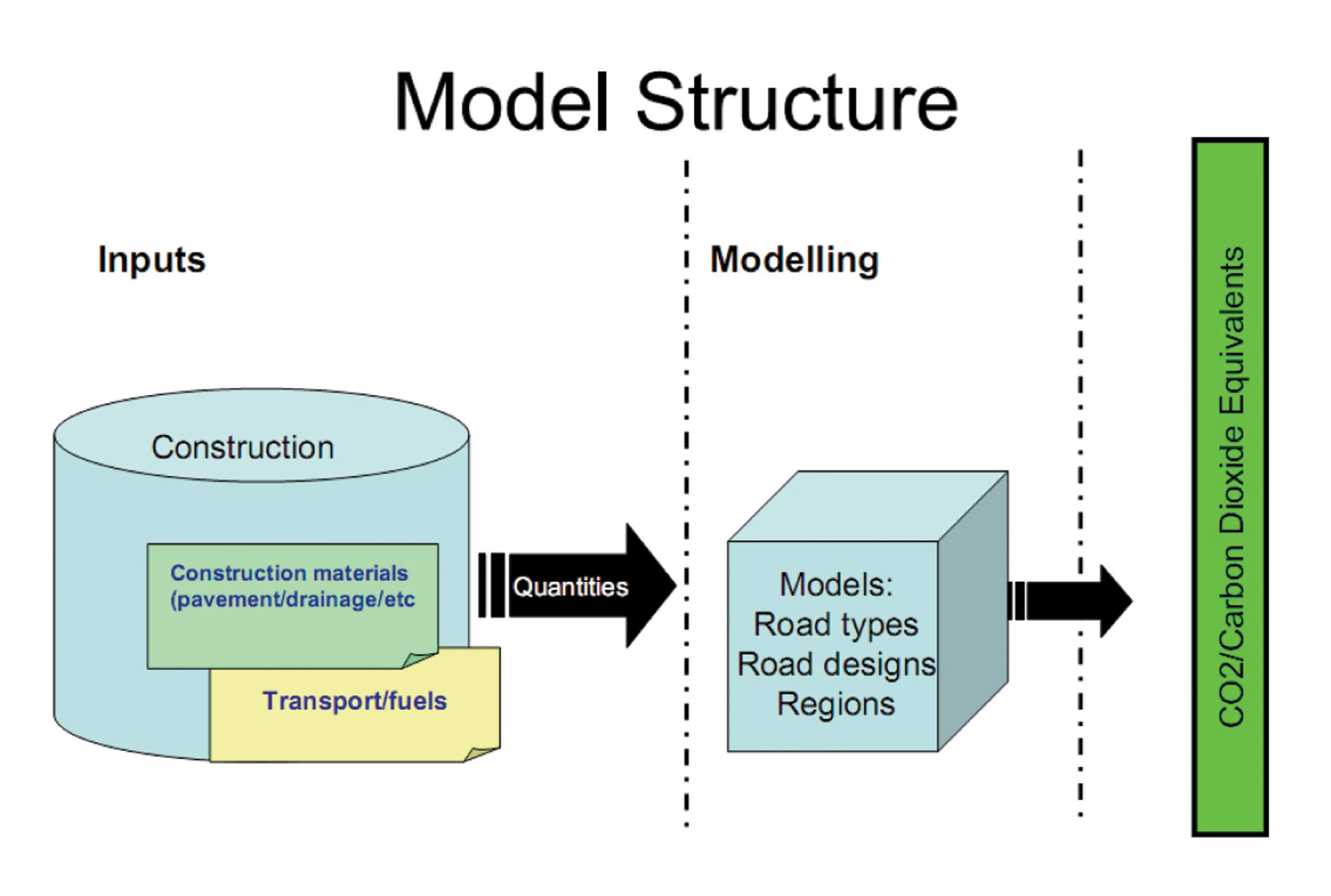A Landmark utilities connection agreement sees
Decarbon Capital and CEMEX UK, the leading building materials solution provider, have successfully achieved a landmark private investment whereby CEMEX will connect 10 of their UK sites to the national gas and power transmission systems. The investment will reduce their dependency on transported fuel oil and diesel, saving 7,500 tonnes of CO2 annually and achieving a material reduction in their annual energy costs.
Decarbon provided the investment mechanism with performance based repayments and sourced the most appropriate funds to achieve CEMEX’s goals. The one key element to guarantee the success of the savings was the choice of the combustion burner. The Vulcan ranges of burners designed by
This investment follows on from a successful pre-cursor fuel switching investment which took place at CEMEX’s Lincoln plant in August 2013 after CEMEX and Decarbon signed an agreement to explore and implement funded energy saving solutions that reduce both operational costs and environmental impact. The funds for the project have been provided by the Foresight Group, the leading independent infrastructure and private equity investment manager.
Vulcan Burners work closely with third party investors, and assists customers with funding from the Carbon Trust to allow producers to implement replacement burner projects. We are confident that the Vulcan burner will deliver fuel savings which are considerably adequate to finance the project over a short period of time.
Cemex deal for Vulcan
A Landmark utilities connection agreement sees CEMEX reduce operational expenditure and CO2 emissions through innovative third-party investment solution from Decarbon Capital.
April 16, 2015
Read time: 2 mins







